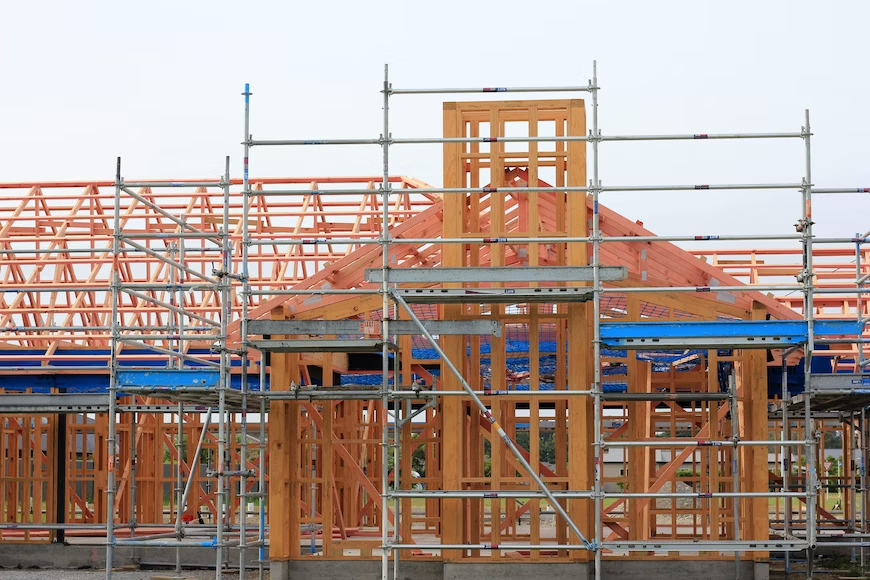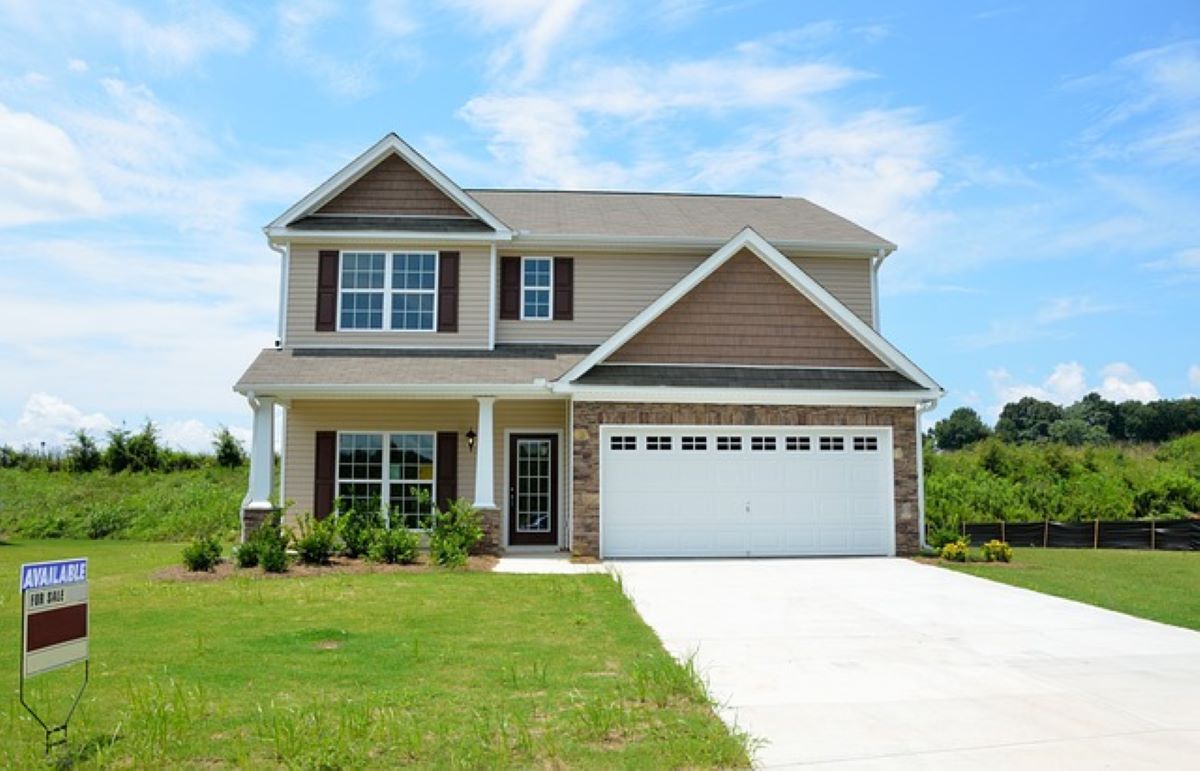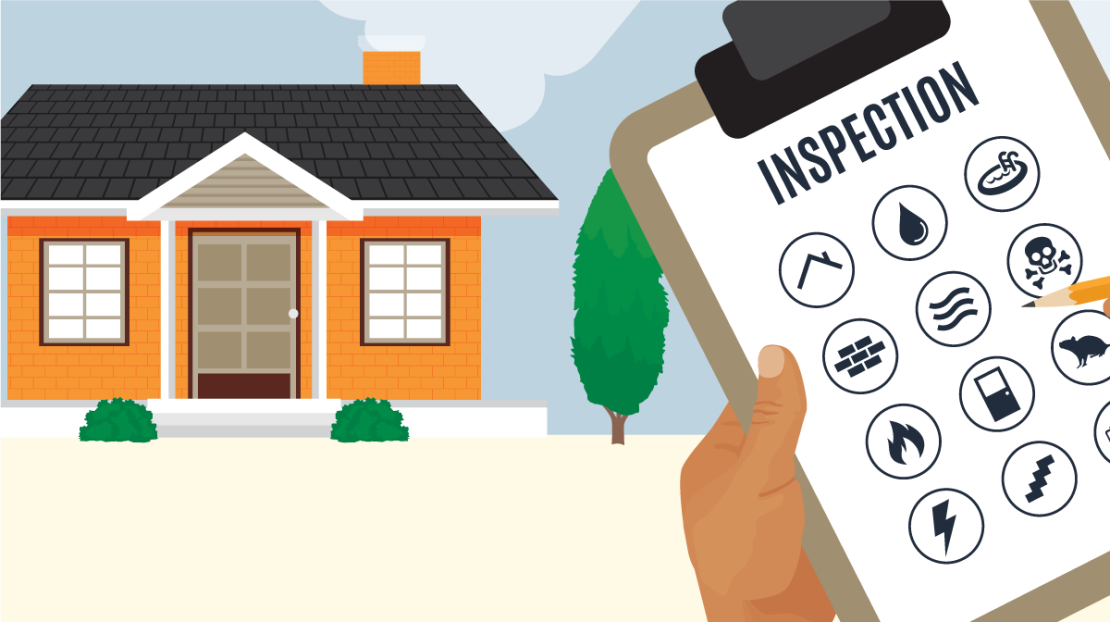Introduction
One of the biggest decisions individuals face in Nigeria is whether to buy or rent a property. This decision carries significant financial implications and should be carefully considered. In this article, we will explore the pros and cons of buying versus renting in Nigeria, helping you make an informed decision about what is best for you.
Pros of Buying
- Long-term investment: Owning a property is often seen as a long-term investment. Real estate prices in Nigeria have historically appreciated over time, offering the potential for significant financial gain in the future. Buying a property allows you to build equity and potentially profit from increasing property values.
- Stability and independence: Buying a property provides stability and a sense of independence. Homeownership offers the security of having a place to call your own, free from the uncertainties of rental agreements. It also allows you the freedom to customize and personalize your living space to your liking.
- Tax benefits: Homeowners in Nigeria enjoy certain tax benefits. Mortgage interest payments are tax-deductible, reducing the overall burden of homeownership. Additionally, property taxes are often lower for homeowners compared to rental properties.
- Positive credit history: Owning a property and making regular mortgage payments can contribute to building a positive credit history. This can be beneficial in the future when applying for other forms of credit, such as loans or credit cards.
Cons of Buying
- High upfront costs: Purchasing a property in Nigeria typically requires a significant amount of upfront costs. These costs include the down payment, closing costs, and any additional fees associated with the purchase process. These upfront expenses can be a barrier for individuals with limited financial resources.
- Maintenance and repair responsibilities: As a homeowner, you are responsible for all maintenance and repair costs. This includes routine maintenance, such as painting or landscaping, as well as unexpected repairs. These expenses can add up quickly and may require a financial commitment.
- Limited flexibility: Buying a property ties you down to a specific location. If you want to move or relocate, selling a property can be a time-consuming and potentially costly process. Renting, on the other hand, offers more flexibility and allows for easier mobility.
Pros of Renting
- Lower upfront costs: Renting a property generally requires a smaller upfront cost compared to buying. This is because tenants typically only need to pay a security deposit and the first month’s rent. This makes renting more accessible for individuals with limited financial resources.
- Flexibility and mobility: Renting provides greater flexibility and mobility compared to buying. If you need to move for work or personal reasons, renting allows for an easier transition. Lease terms are usually shorter and can be renewed or terminated without the same level of commitment as owning a property.
- Maintenance and repair responsibility: As a renter, you are not responsible for the maintenance and repair costs. These expenses are typically the responsibility of the landlord. This can be particularly advantageous when unexpected repairs or maintenance issues arise.
Cons of Renting
- No equity or long-term investment: The biggest drawback of renting is the lack of building equity or long-term investment. Rent payments do not contribute to homeownership and are essentially lost money. In the long run, renting can be more expensive than buying due to the absence of property appreciation.
- Limited control and customization: Renting a property means you are subject to the rules and regulations set by the landlord. This limits your ability to customize the space to your liking. Additionally, rental properties may have restrictions on pets, decoration, or other aspects of personalization.
- Long-term cost uncertainty: As a renter, you are exposed to potential rent increases in the future. Landlords may raise rent prices annually or at the end of lease terms, making it difficult to predict housing costs in the long run. This lack of stability can be a disadvantage for budgeting purposes.
Conclusion
Deciding whether to buy or rent in Nigeria is a decision that requires careful consideration of personal circumstances, financial resources, and long-term goals. While owning a property offers various benefits, such as long-term investment potential and stability, it also comes with high upfront costs and responsibilities. Renting provides flexibility and lower upfront costs but lacks the ability to build equity and offers less customization. Ultimately, the decision between buying and renting should be based on individual priorities and financial capabilities.

ABOUT THE AUTHOR
AdHang is a top Real Estate Digital Marketing Agency located in Nigeria, with over 15 years of experience in digital marketing in Africa. The agency has helped many companies across the globe to reach millions of target clients and prospects via the Internet.







